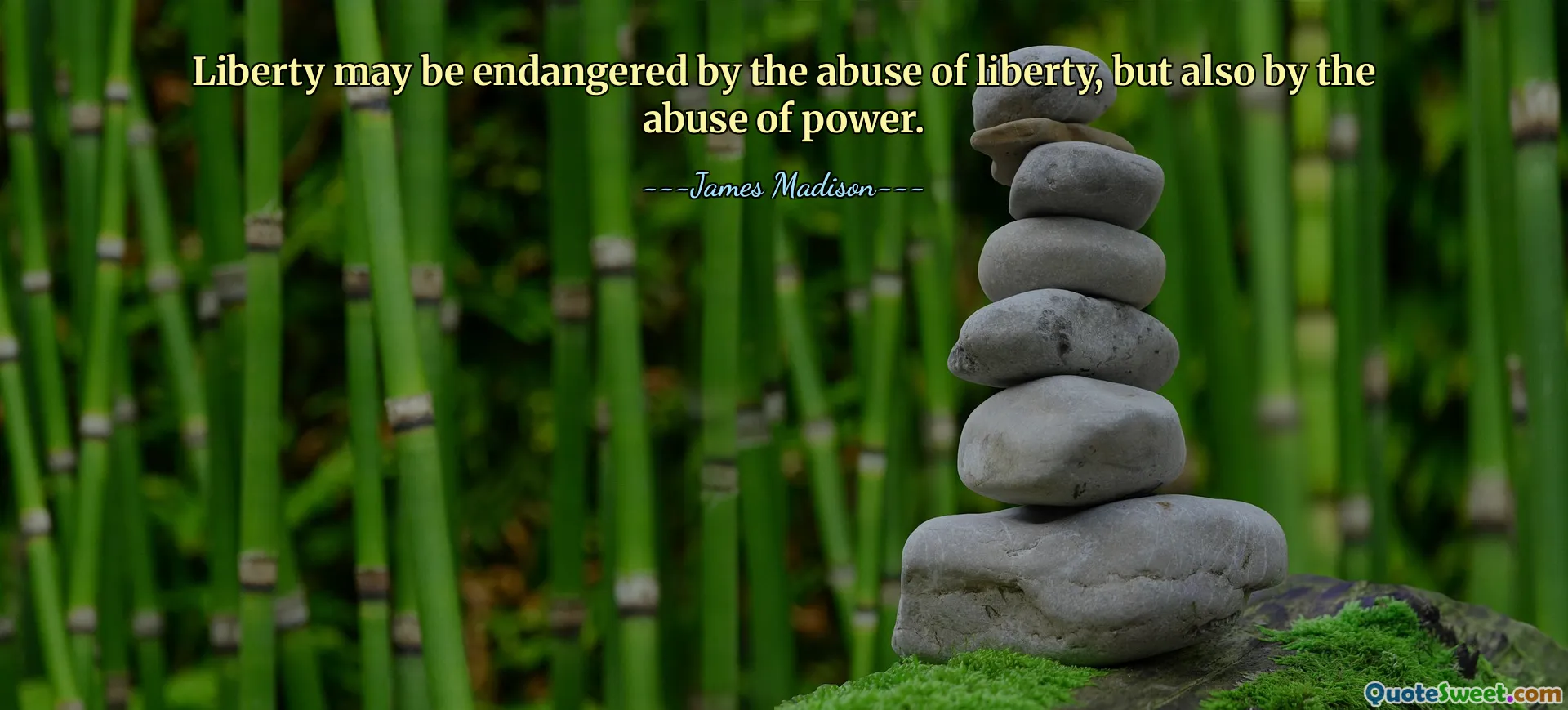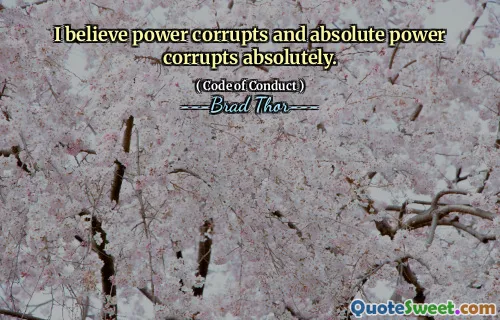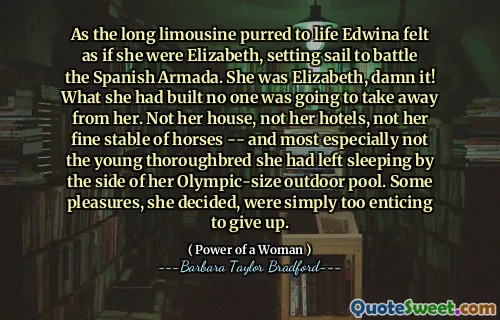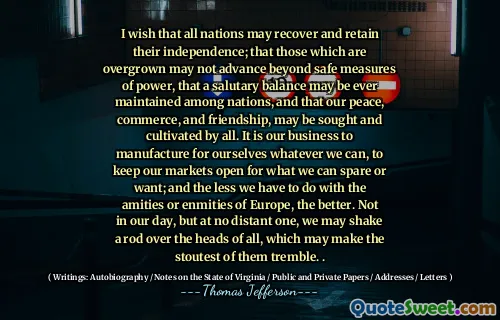
Liberty may be endangered by the abuse of liberty, but also by the abuse of power.
This quote beautifully encapsulates a fundamental paradox in political philosophy and societal organization: the delicate balance between granting freedoms to individuals and maintaining order through authority. Liberty, often regarded as a cornerstone of democratic societies, carries with it inherent risks. When individuals or groups exercise their freedoms irresponsibly or selfishly, they can infringe upon the rights of others, threaten social cohesion, and potentially undermine the very freedoms they enjoy. However, the other side of the coin highlights that unchecked power—whether wielded by governments, institutions, or individuals—can erode liberty more insidiously. Excessive concentration of power without accountability often leads to tyranny, oppression, and the suppression of free expression. The challenge lies in creating systems that safeguard individual freedoms while preventing power from being abused.
This quote underscores the necessity of vigilance and moderation. A society that values liberty must recognize that rights are not absolute and require mechanisms for their protection, including checks and balances. It raises important questions about how to design political institutions, legal frameworks, and cultural norms that promote responsible exercise of freedoms, prevent corruption, and hold power accountable. Democracy, in its ideal form, seeks the equilibrium where neither liberty nor authority becomes destructive. It is an ongoing struggle demanding awareness, active participation, and a commitment to justice.
Ultimately, the essence of this statement is that liberty, although fundamental, is fragile and must be vigilantly protected from the two potential threats: abuse by those seeking to misuse freedom and abuse by those wielding unchecked power. Only through persistent guardianship can a truly free and fair society be ensured.











